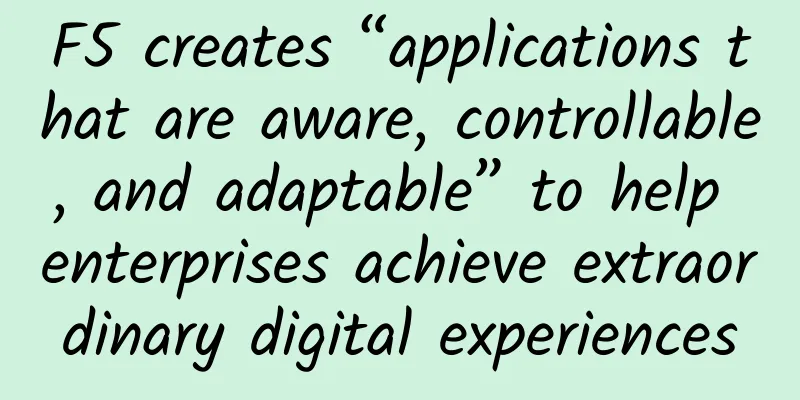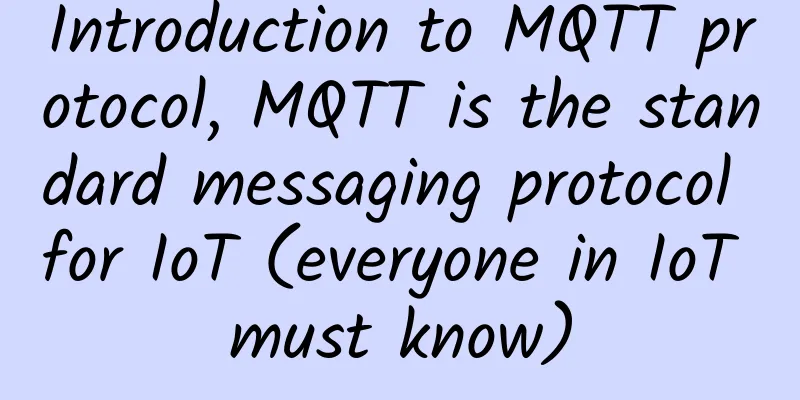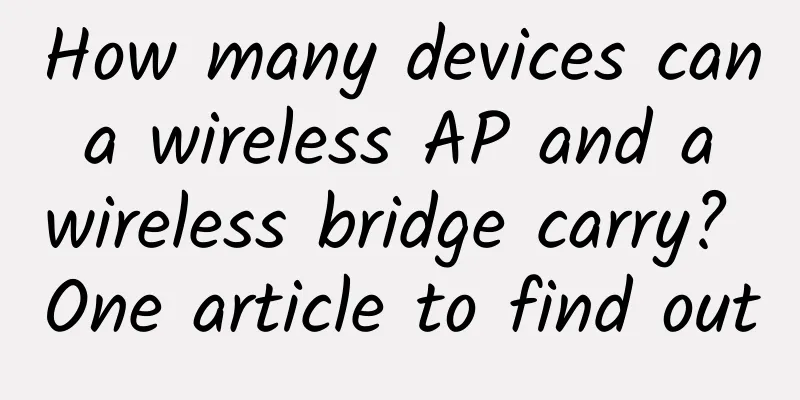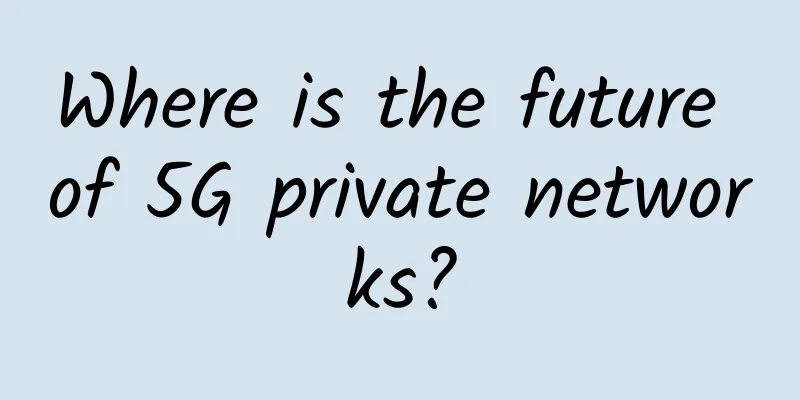To promote cooperative learning teaching practice, the 4th National Cooperative Learning Seminar opened
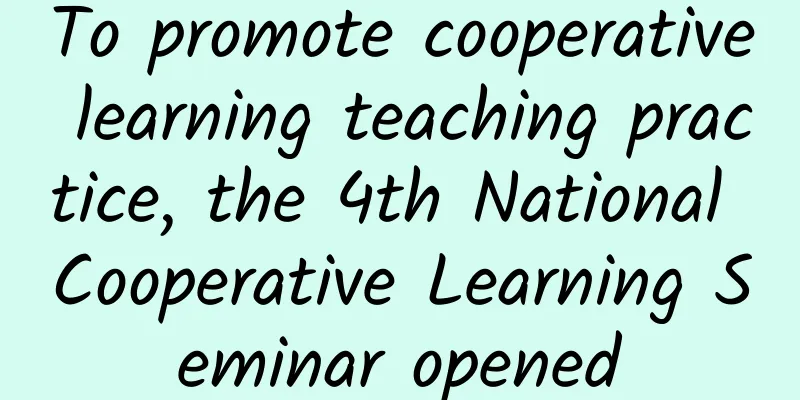
|
On December 4, the 2019 Fourth National Seminar on Cooperative Learning was held in Zibo, Shandong. During the three-day conference, more than 600 cooperative learning researchers, principals and teachers from 15 provinces and cities including Taiwan, Shandong, Shanghai and Chongqing shared their practical experience of cooperative learning around the theme of "Classroom Cooperation Culture in a Smart Environment" and discussed the innovative direction of cooperative learning practice through cross-strait forums, teaching demonstrations, coaching sessions, school observations and other activities.
Photo: The seminar site Smart environment promotes comprehensive upgrade of collaborative learning At the opening ceremony, Zhang Qiang, General Manager of Lehao Education, first delivered an opening speech. She mentioned: "This year's annual cooperative learning conference is not only a review and reflection of our cooperative learning practices with more than 100 schools in China in the past three years, but also carries our expectations for a broader and more diverse cooperation space in the future. One person can go fast, but a group of people can go far. I hope that the annual cooperative learning seminar will become a 'gas station' for front-line principals and teachers. Lehao Education, Ruijie Networks, domestic and foreign education research institutions, education authorities and schools will achieve our mission through closer cooperation - to use technology to improve education effectiveness and make every school successful!"
Photo: Zhang Qiang Meng Liang, general manager of Ruijie Networks' Smart Classroom Division, said at the opening ceremony of the seminar: "I am excited to come to Shandong, the hometown of Confucius and Mencius, and study with a large number of experts in research and cooperative learning. Realizing the transformation of classroom teaching in a smart environment is a systematic project, which requires not only top-level design by teaching and education managers, but also micro-practice and micro-breakthroughs by teachers in specific teaching links. The simultaneous promotion of teaching model innovation, smart environment construction and information technology application is an important way for schools to promote teaching reform and achieve high-quality education. In this process, Ruijie insists on effectively integrating information technology into education and teaching, so that information technology can better serve education and teaching."
Photo: Meng Liang Mou Xiaoyu, deputy director of the Education and Sports Bureau of Zhangdian District, Zibo, delivered a welcome speech. She said, "Zhangdian District is an open, inclusive and innovative city. Infused with the culture of Qilu, it has a long tradition of respecting teachers and valuing education and a good style of diligent study and thinking. Education has become the 'city business card' of Zhangdian District. In 2017, Zhangdian District launched cooperative learning. Now, cooperative learning strategies can serve teachers' teaching more scientifically and effectively, and cooperative learning concepts can have a more extensive and in-depth impact on students' growth."
Photo: Mou Xiaoyu In the first session of the morning, Zheng Jie, a nationally renowned principal and expert in cooperative learning research and promotion, gave a keynote speech on "Promoting Classroom Civilization with Cooperative Learning". Principal Zheng Jie systematically expounded on the current status of cooperative learning research and practice in China from three aspects: macro trends, meso support and micro research, and proposed the goal of "establishing a cooperative learning research community, forming localized cooperative learning experience, cultivating cooperative learning talents, and improving the professional level of cooperative learning". He also issued an initiative to the participants: "Let us use civilized ways to promote the civilized progress of tens of millions of classrooms."
Photo: Zheng Jie Afterwards, Chu Qingyuan, editor-in-chief of China Teachers' Daily, shared his thoughts on the current classroom reform from the perspective of a media observer and gave a keynote speech on "New Forms of Classroom Reform". He used the nine-word advice of "enter the narrow gate, take the long road, and see the glimmer of light" to encourage everyone to choose challenging things, delve into a field for a long time, and use positive changes to cheer themselves up, so as to promote curriculum reform.
Photo: Chu Qingyuan Cross-Strait dialogue enriches teaching practice In the afternoon, President Zhang Xinren of Taipei University of Education delivered a lecture entitled "The Spring of Classroom Teaching - Achieving Spontaneity, Interaction and Common Good through Group Learning". She shared the planning and practical path of Taiwan's comprehensive promotion of group cooperative learning classroom teaching reform since 2012, as well as the experience of establishing continuous and in-depth cooperation between university experts, school principals and teachers in this process. She believes: "Collaborative learning is like water, a solvent. It can combine a variety of teaching strategies (solutes) to achieve better spontaneous learning and cooperative growth through group cooperative learning."
Photo: Zhang Xinren The second session of the afternoon was an 8th grade English demonstration class by Mr. Lu Bohong, an English teacher at New Taipei City Jisui Junior High School - "Youth Event "No": Can You Tell Me What to Do?" Through the effective application of the cooperative learning strategy "Jigsaw", every student had the opportunity to fully express his or her views and cooperative activities were carried out in an orderly manner.
Picture: Classroom demonstration The entire seminar was compactly arranged and rich in content. Scholars from both sides of the Taiwan Strait shared their macro-thinking and micro-practice in the process of promoting cooperative learning, which brought useful inspiration to everyone. In the final dialogue and sharing session, Principal Zheng Jie, President Zhang Xinren of Taipei University of Education, Professor Huang Yonghe, Principal Zheng Jianli of New Taipei City Jisui Junior High School, and Teacher Lu Bohong had an in-depth discussion on the responsibilities and cooperation between scientific researchers, school administrators, and front-line teachers in the process of promoting cooperative learning across the Taiwan Strait. The professionalism of Taiwanese scholars who worked closely with schools, went deep into the classroom, and solidly promoted cooperative learning practices left a deep impression on everyone.
Picture: Dialogue and sharing The seminar included 18 high-quality teaching demonstration classes. Teachers from different subjects and grades used professional cooperative learning strategies and information technology to implement effective cooperative learning and build a classroom cooperative culture. The smart environment on site was provided by Ruijie Networks. Smart classrooms supported all teaching links, including teacher lectures, student self-study, expert group discussions, mutual teaching within the group, and learning tests. The teacher controlled the time of each link of the group activities through a timer, randomly selected groups to make results reports, and displayed the group results in the class by taking photos, and gave the group instant incentives on the scoreboard. In the testing phase, students answered questions through feedback devices, and teachers could more easily grasp the learning situation. Such teaching demonstrations were fully recognized by experts, scholars, and front-line teachers in the field of primary and secondary education on both sides of the Taiwan Strait. This new learning model, which covers the entire process from before class to after class, improves the organizational efficiency of collaborative learning, visualizes the learning performance of each student and group, and helps teachers provide more targeted classroom feedback.
Picture: Classroom demonstration Make cooperative learning the core of modern classrooms Nowadays, cooperative learning has been integrated into modern classrooms and is everywhere. Compared with traditional educational technology, cooperative learning in a smart environment has a more prominent dynamic role. It not only updates teaching methods and teaching means, but more importantly, it has a comprehensive impact and challenge on traditional educational theories and practices, which will eventually lead to a holistic and fundamental change in education. Photo: The 4th Collaborative Learning Seminar Ruijie has been deeply involved in education for 20 years. For future smart classroom innovations, Ruijie not only needs to create chips that can support collaborative learning, but also needs to do it with "heart", adhere to the "people-oriented" and "student-centered" concepts, and keep up with the development and changes of the times. |
<<: Intel and XSKY Debut at 2019 China Data and Storage Summit
Recommend
WiFi will be replaced? Not 5G
The pace of life of modern people is getting fast...
[Sharing] Project Practice of Network Automation: Scenarios, Tools and Solutions
[51CTO.com original article] Network automation i...
Internet Service Providers, how much do you know about the terminology?
To fully understand the network and its capabilit...
Listen to the strongest voice of open source in China | Open source projects from major domestic companies gathered at OSCAR Open Source Pioneer Day
Listen to the strongest voice of open source in C...
Digital-vm is 35% off in July, VPS in the United States/Japan/Singapore and other data centers starts at $2.6 per month, 1-10Gbps bandwidth
Digital-vm released the promotion information for...
CloudCone launches CDN service starting at $11.99/year, with up to 36 nodes worldwide
Recently, CloudCone has released information abou...
10g.biz Hong Kong CN2 VPS simple test
A group friend asked about the information about ...
Layer.ae: AMD Ryzen9 7950X series from $15/year, Singapore/US/UK data centers
Layer.ae was founded about three years ago and is...
What is UTP Cable?
The Internet plays a key role in our daily lives,...
ShockHosting 50% off all VPS, 2G memory package starts at $5/month, optional large hard drive
ShockHosting is a foreign hosting company founded...
Three key reasons why automakers are adopting 5G
Automakers are already taking the lead in incorpo...
Gigabit broadband: speed for speed’s sake?
At this year's Broadband World Forum (BBWF 20...
5G base stations were burned down, and some community base stations were forced to be demolished...
Nowadays, mobile communication technology has pen...
NexusBytes: $4/month KVM-1GB/15GB/250GB/Japan data center
NexusBytes describes itself as a one-person compa...
5G issues should not be politicized
The official website of the European Competitive ...



